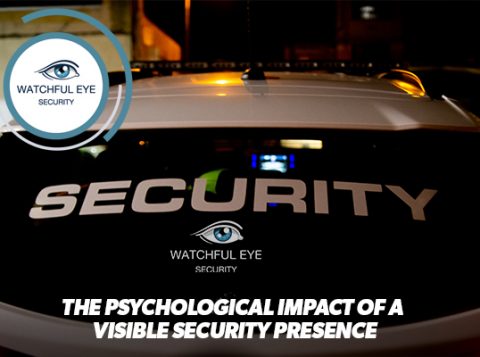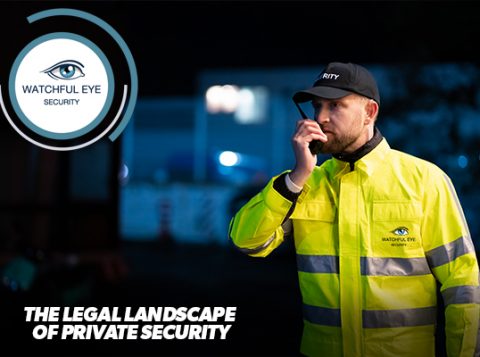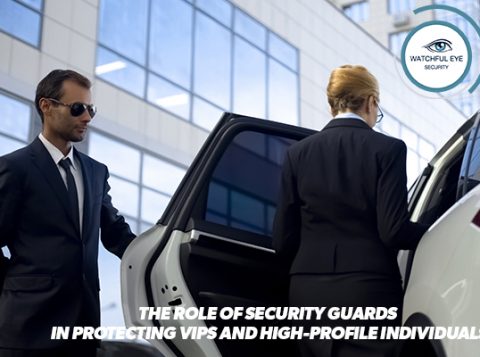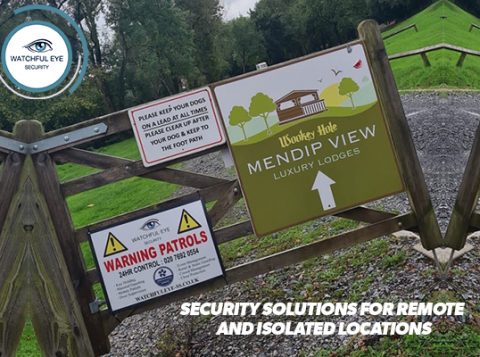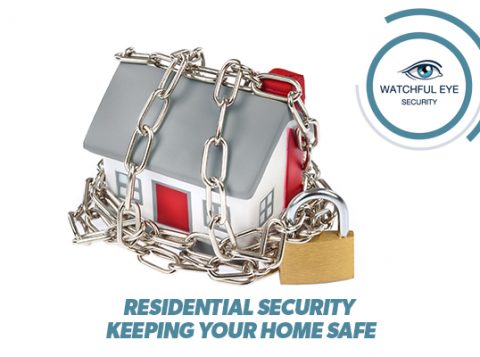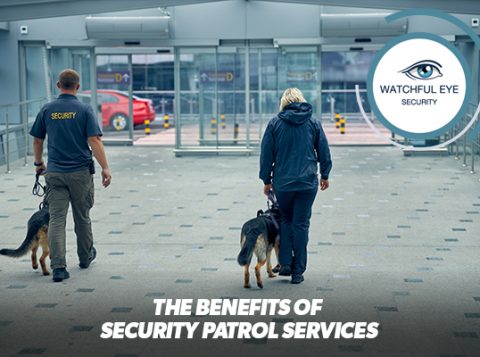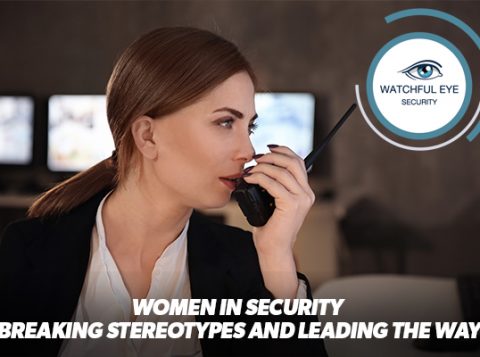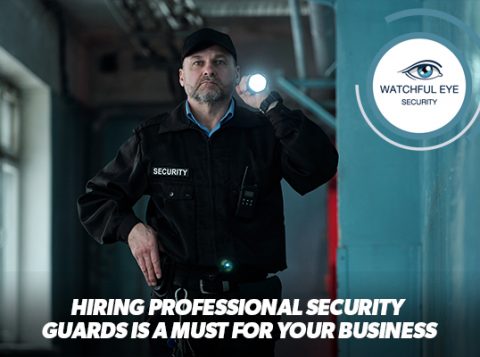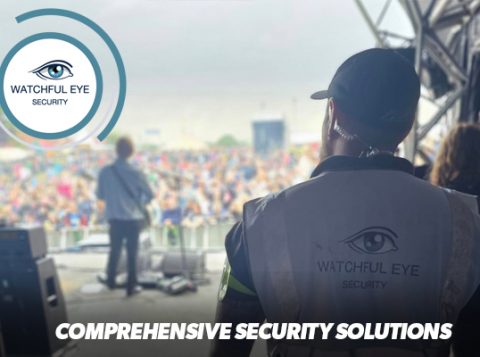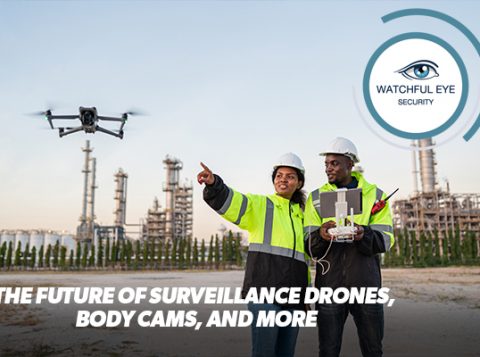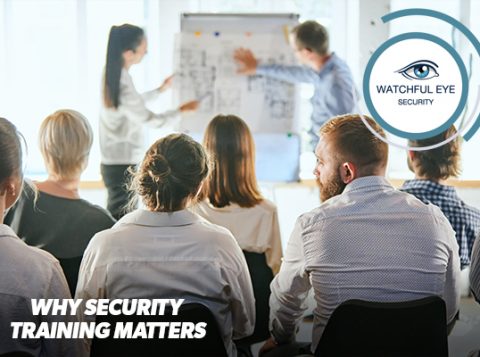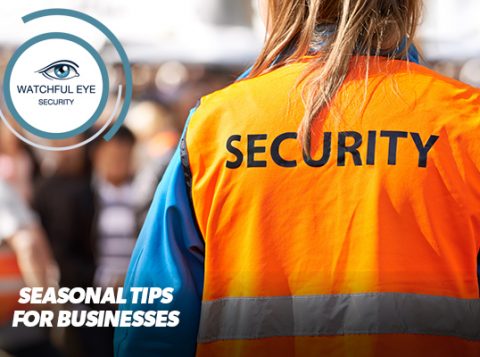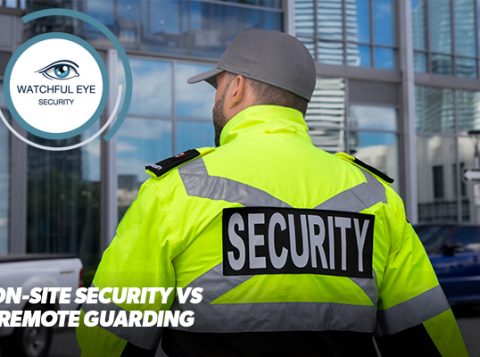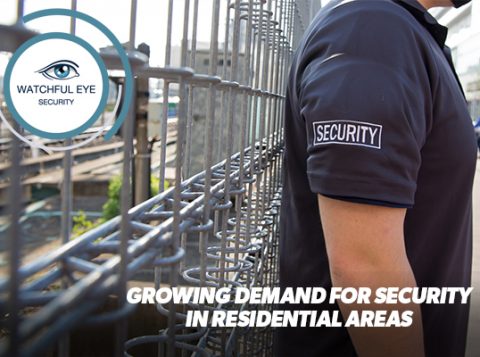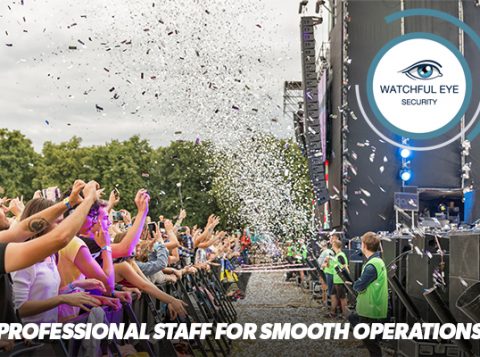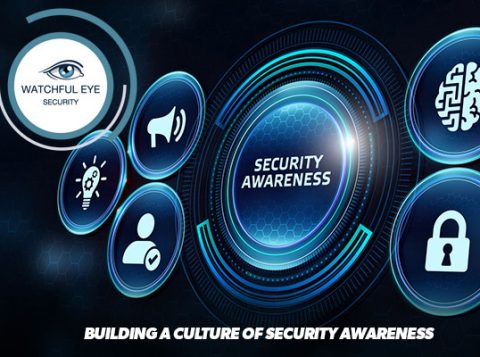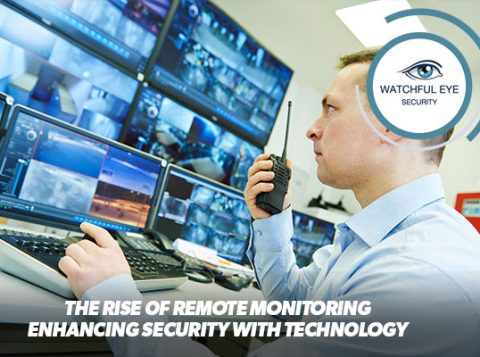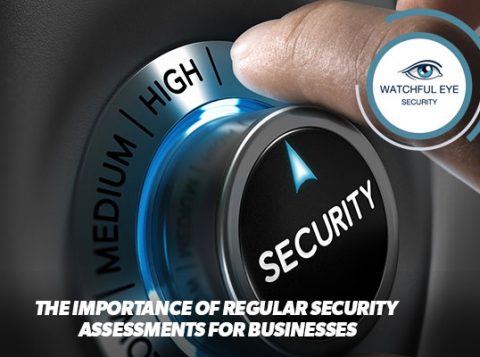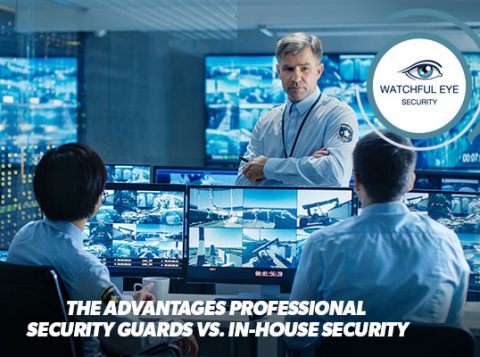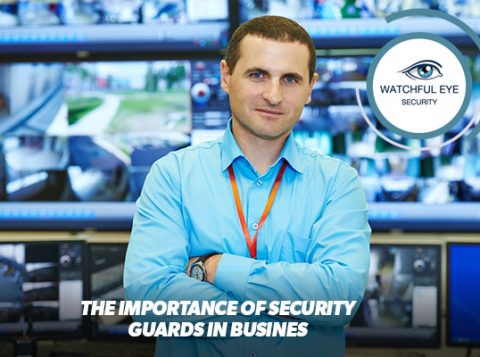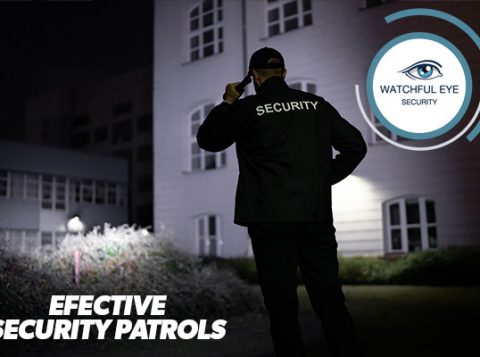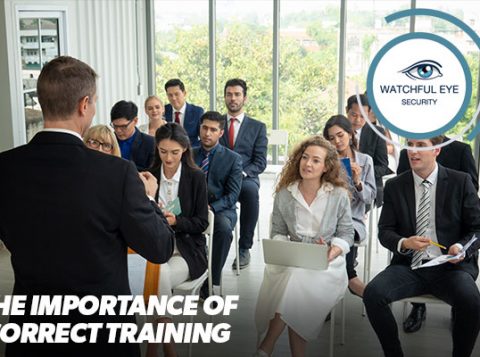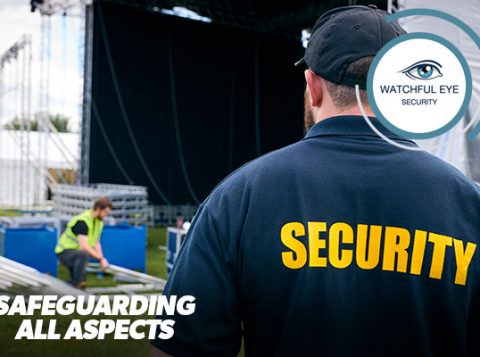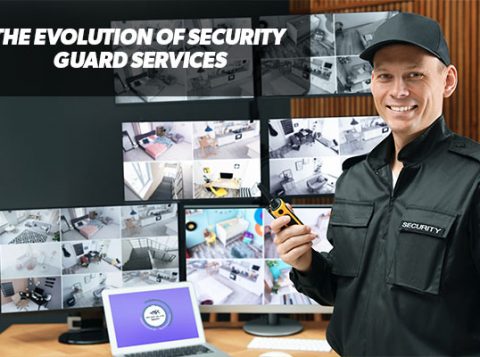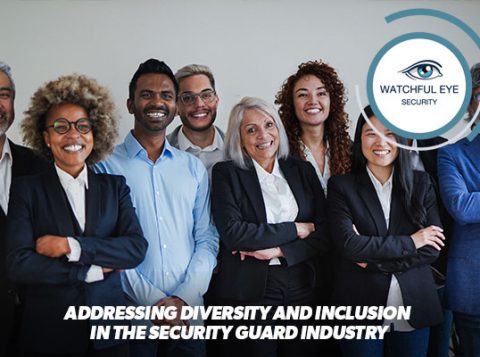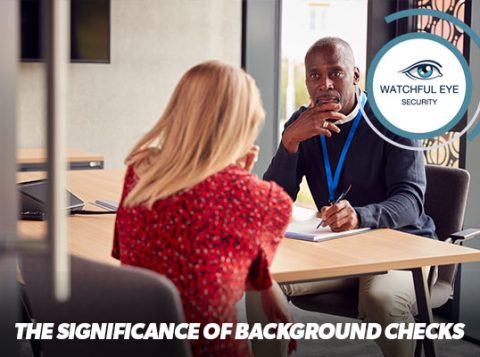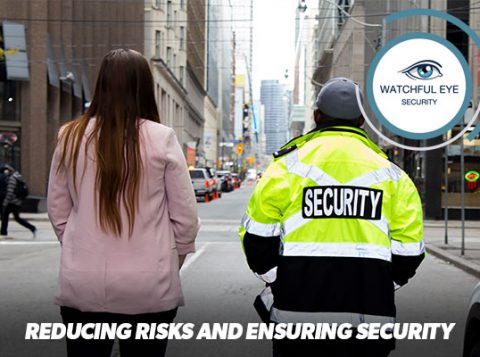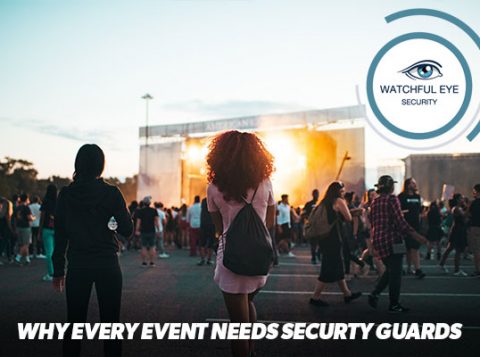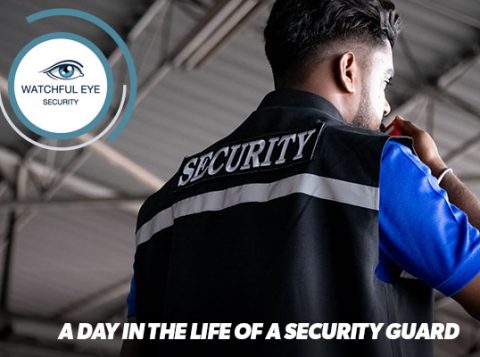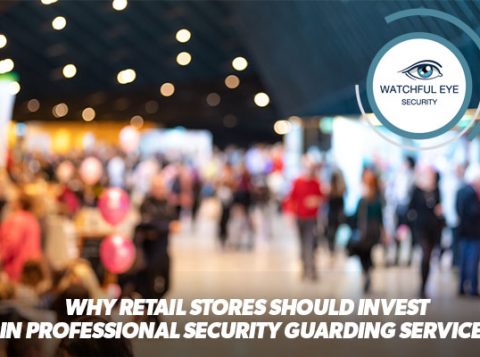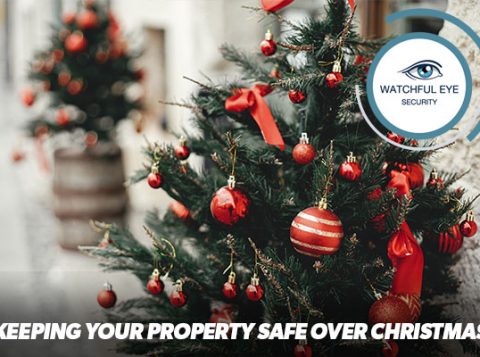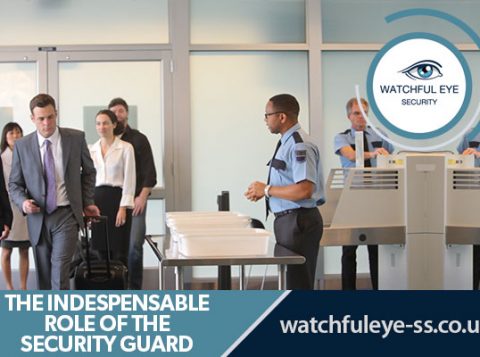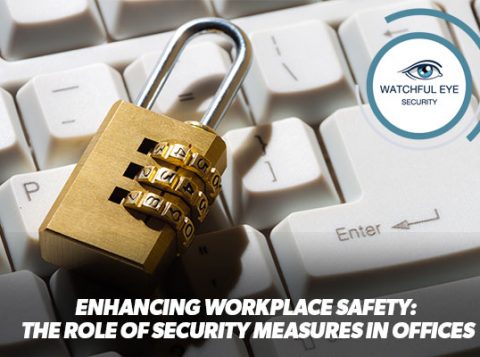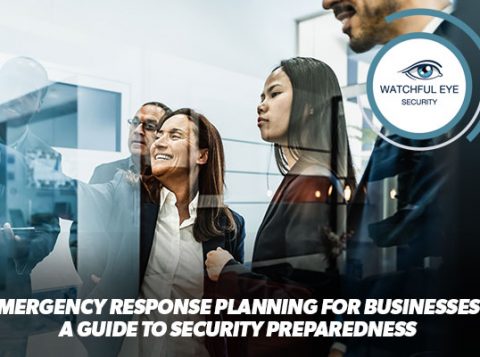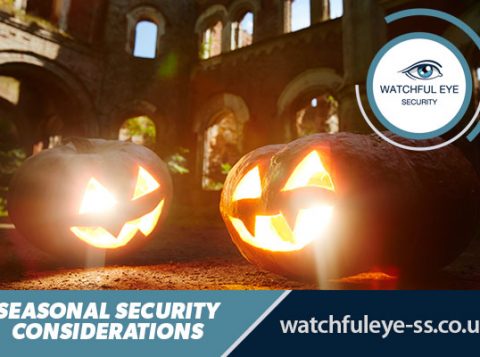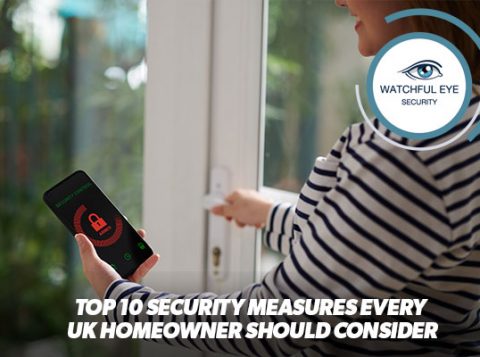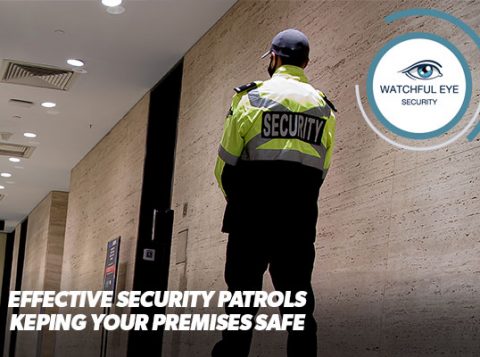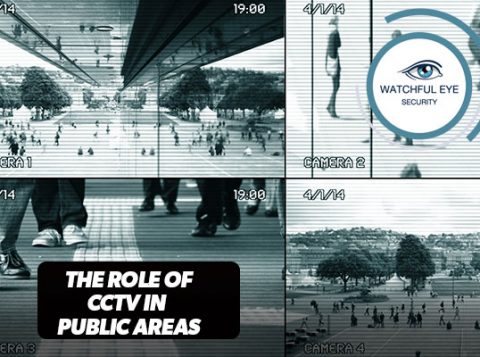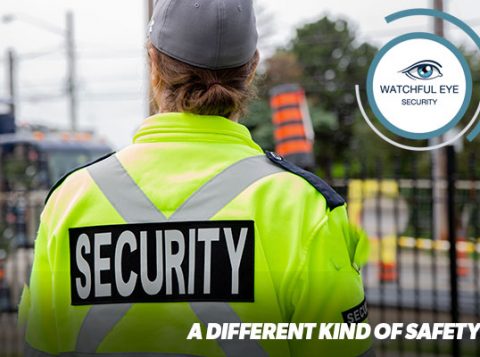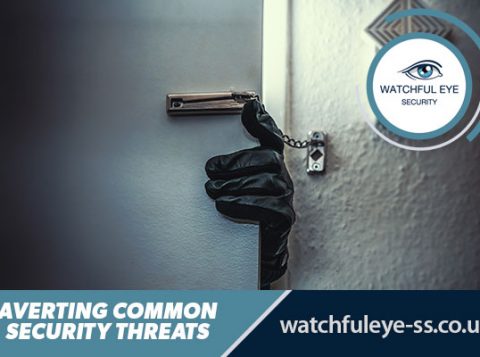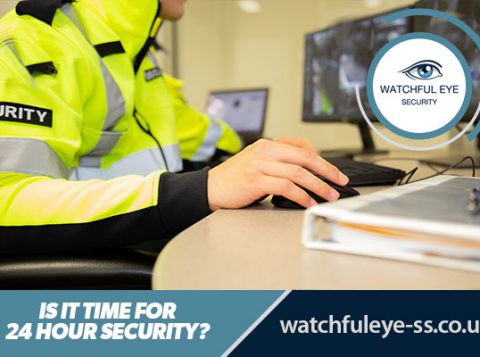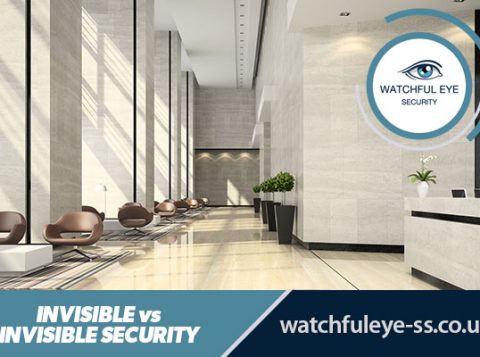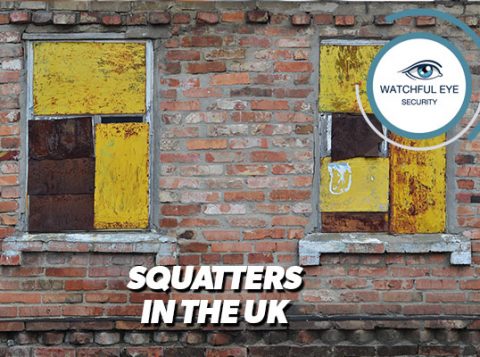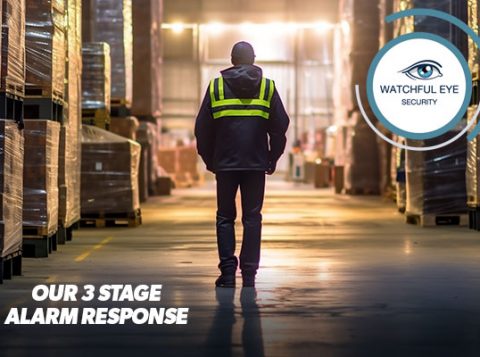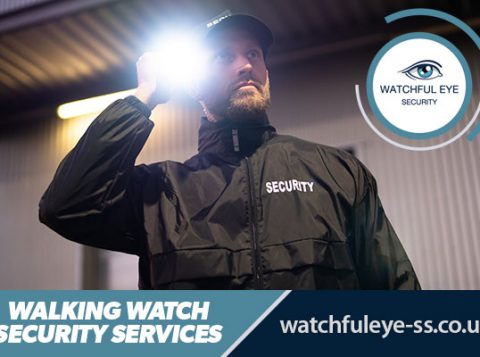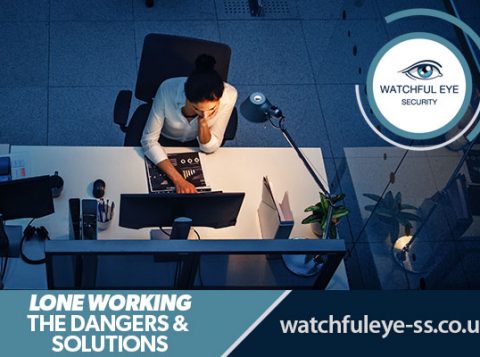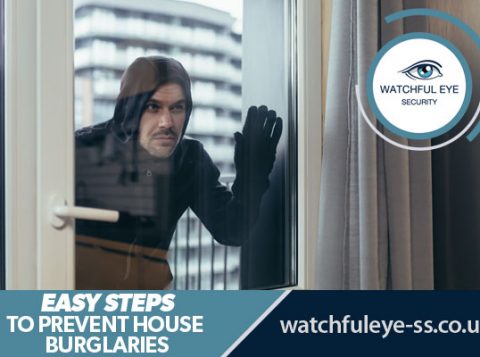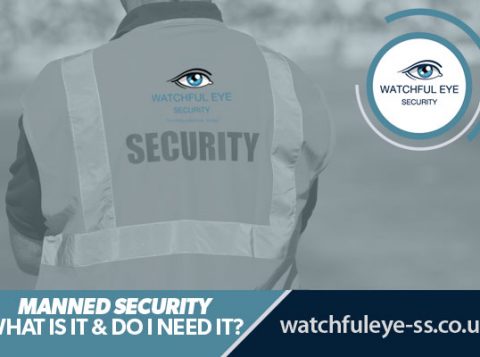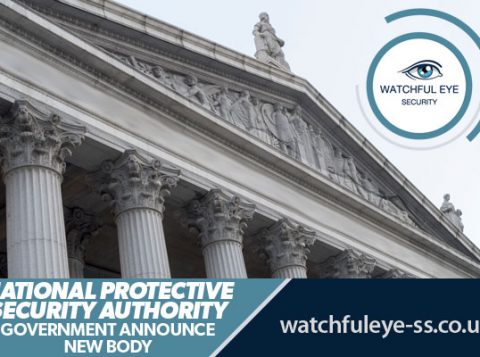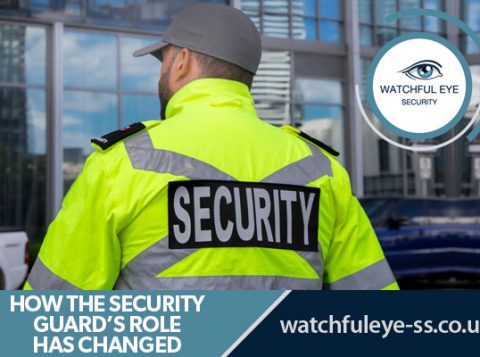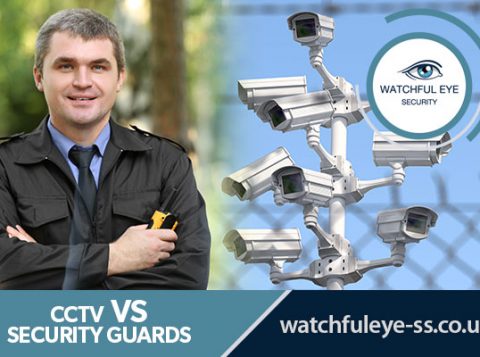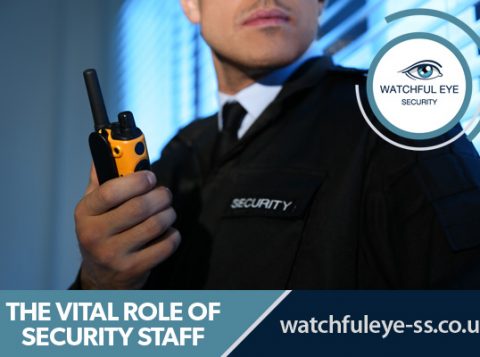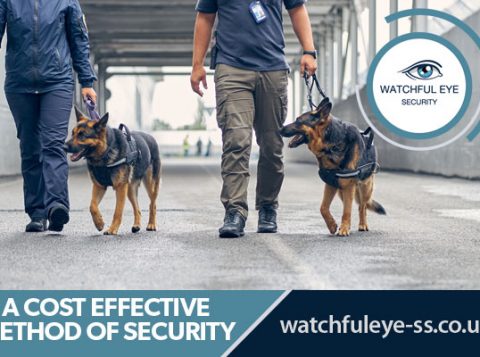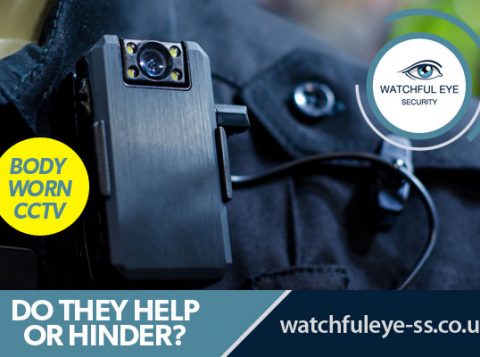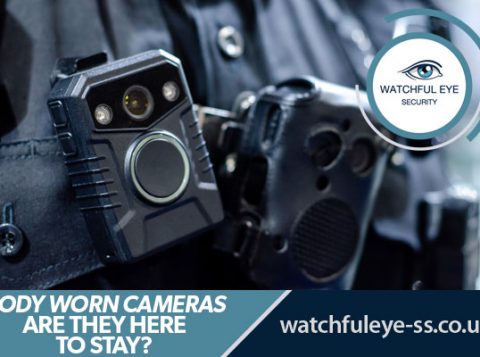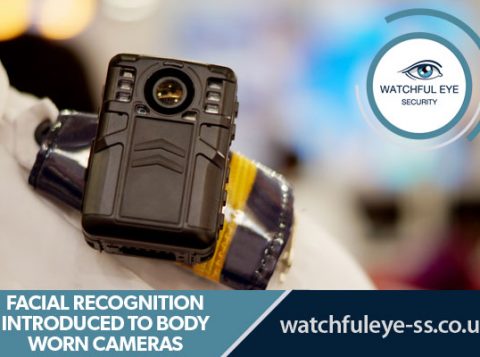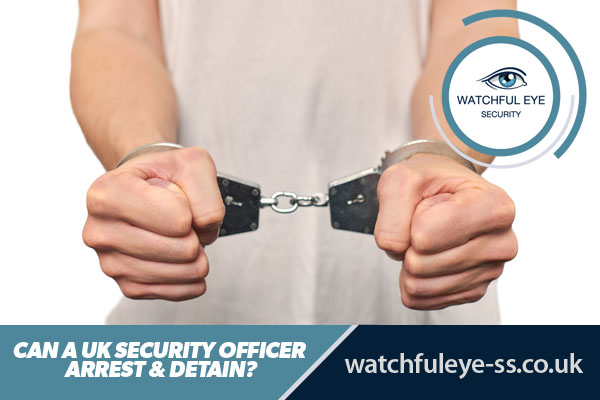
Can a UK security guard arrest & detain you?
A Security Officer, also known as a Security Guard, is responsible for ensuring the safety of the property, company, group, or individuals they are assigned to protect. Their responsibilities include keeping watch on the site, dealing with threats and inappropriate behaviour, responding to emergencies, and keeping note of all on-site happenings. But what exactly can security guards do?
The guards aid safety by providing physical presence, patrolling, and undertaking surveillance services. This helps to deter behaviour or to provide information about criminal or antisocial actions. Three different types of tasks can be performed by trained SIA security guards. This can include guarding premises, guarding property, and guarding specific persons. Generally speaking, security guards are still civilians, like any other person. This means the same rules and laws apply to them as anyone else. Their primary duties are to observe what goes on around them and to deter people from doing anything they shouldn’t.
Occasionally, however, security guards must interact with the public for the sake of offering protection. Here are some important laws to know.
Unlike government employees, security guards only have the rights typically held by everyday people. Their abilities are therefore restrained relative to those in law enforcement positions.In most jurisdictions, it is illegal for a security guard to detain anyone without either witnessing or having probable cause that the individual committed a crime.
In some cases, private citizens may be authorized to make an arrest when they witness a criminal act taking place. This is referred to as making a citizen’s arrest and allows them take matters into their own hands by detaining someone until law enforcement arrives.
In the Police and Criminal Evidence Act 1984, under Section 24A, security guards like any member of the public are allowed to make a citizen’s arrest. If:
The offender is in the act of committing or you have reasonable grounds for suspecting it
An offence was committed and the person you are arresting was the culprit
You have reasonable grounds for suspecting that the offender has committed the offence
It should be noted however, that in order to do so legally; one must have witnessed the crime being committed and not just suspect someone of wrong-doing. Additionally, those attempting to detain an individual must always use reasonable force and never threaten physical harm in any manner.
CCTV
Security guards can use surveillance equipment to monitor behaviour
The use of CCTV and the presence of security guards walking around the area is increasingly common these days. Guards may watch a space from the control room and look for issues. This means when and where they are needed on the ground, they are dispatched immediately.
This can be effective for security; however, you need to remember that a person’s biometric data is considered personal data under GDPR. This means that for this surveillance to be legal, the data must only be collected with informed consent. It also needs to be proportionate to the use for which it is being gathered.
SEARCHES
Security guards cannot perform searches of personal property without permission
When a property has been left unattended in suspicious circumstances, security guards can search the property. In these situations, there is no person to ask permission to search.
They may not search personal property without a search warrant. This is unless the owner of that property is incapacitated and they are attempting to identify and/or assist the owner.


